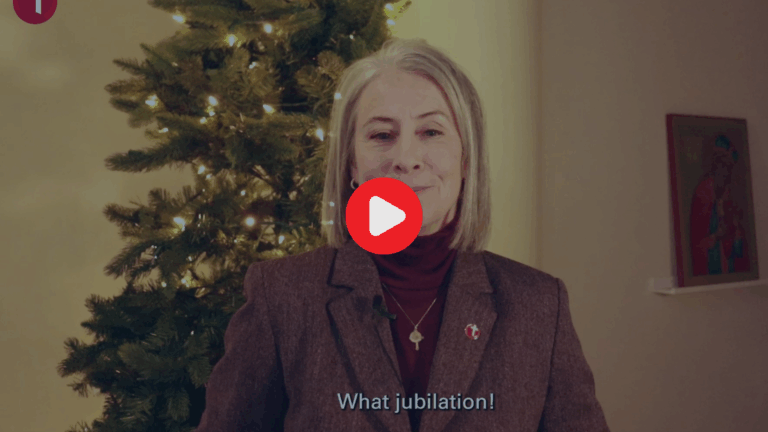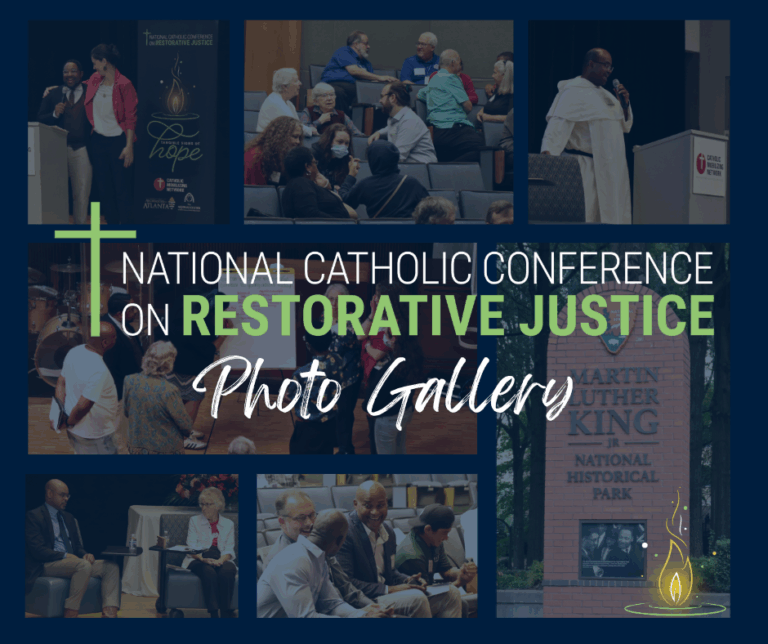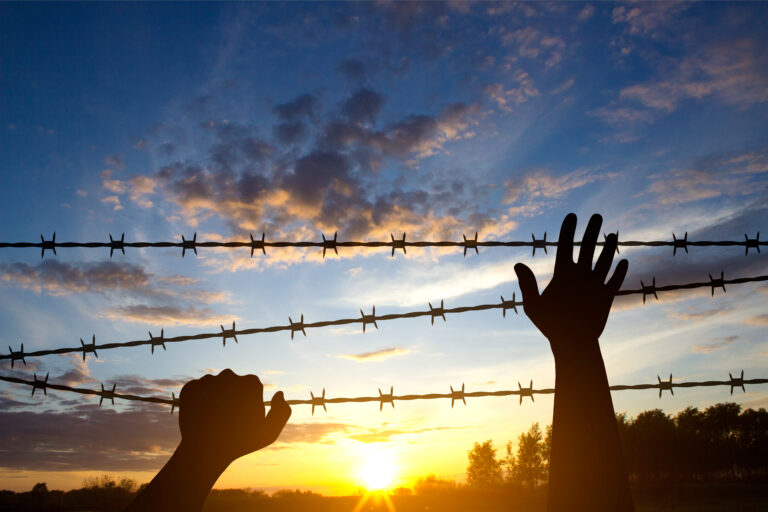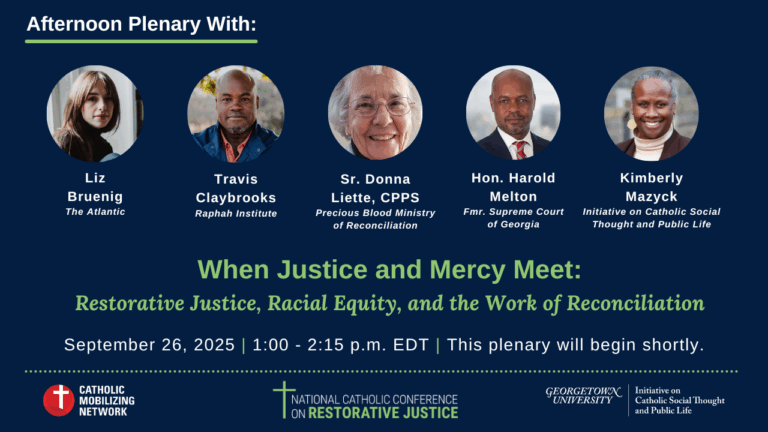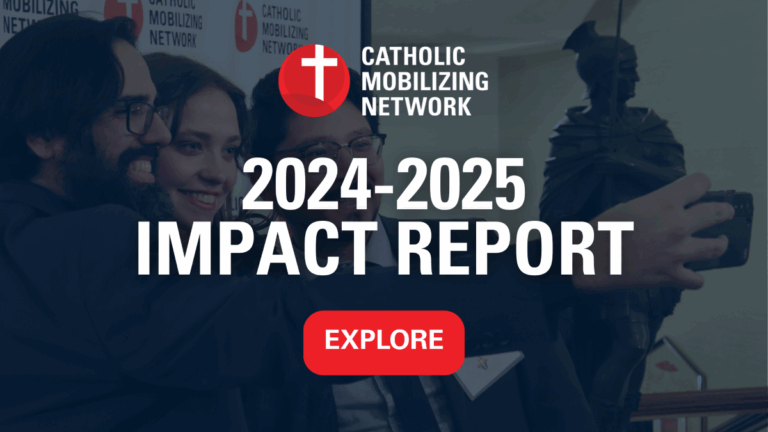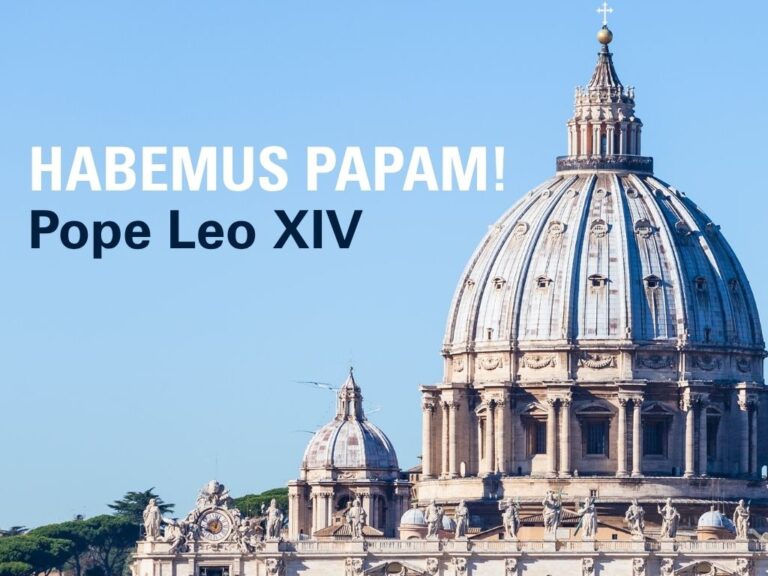Summary: Does Religion Impact Support for the Death Penalty?
A new analysis of publicly available data from the Association of Religion Data Archives (ARDA) concludes that Catholic teaching has a significant impact on individuals’ opinions on the death penalty.
The Catholic Trend
Ryan Burge, a professor and leading data analyst on religion and politics, examined responses from the General Social Survey, housed by the Association of Religion Data Archives (ARDA), which has asked the question “Do you favor or oppose the death penalty for persons convicted of murder?” since 1974.
For the general public, support for the death penalty has decreased slightly over the past several decades. 66% of the American public indicated that they were in favor of the practice in the 1970s and 62% affirmed the same in 2022. Support increased through the 1980s and 90s where it peaked around 80%, but has fallen overall since then. This general trend, however, can be isolated by religion. Such a test reveals an interesting observation for Catholics.
From the 1970s through 2022, Catholic support for the death penalty fell from 74% to 61%. This strong decline of 13 points is significantly more than any other decrease observed for other religious demographics including Evangelical, Mainline, Black Protestant, other faith, and no religion.
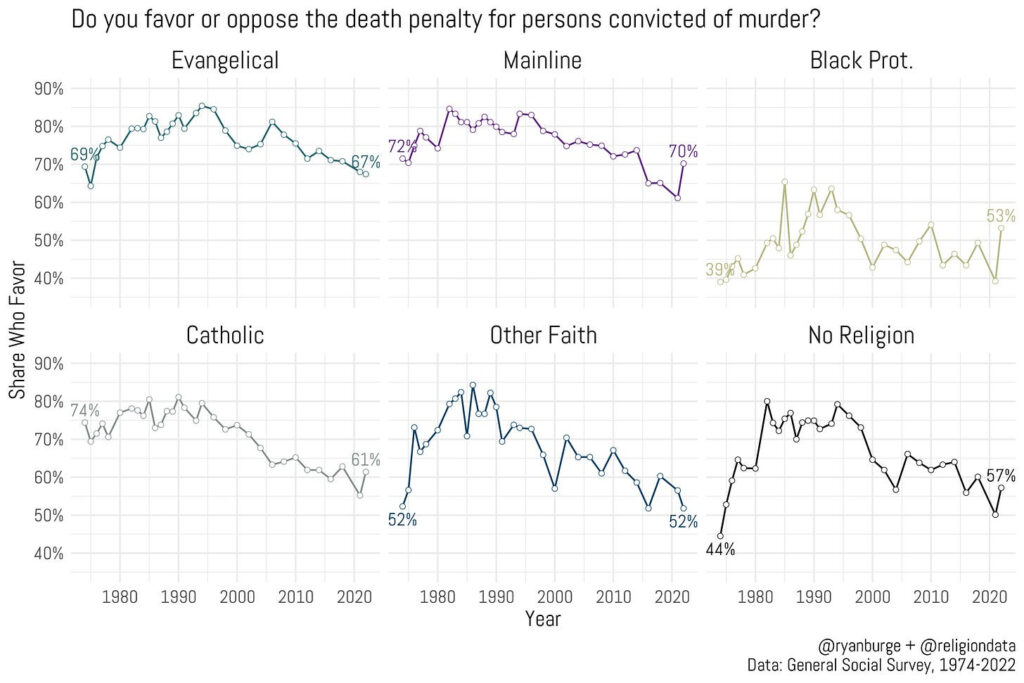
Support from the pews
When the Catholic group is further sorted based on mass attendance in four categories — never/seldom, yearly, monthly, weekly — there is a significant difference in support for the death penalty.
Those who attend mass never/seldom support the death penalty at almost 70% as opposed to weekly mass-goers whose support drops to about 40%.
The data strongly suggests that what the Church teaches matters, and those who are in the pews to hear the teaching reflect those beliefs in their opinions on the death penalty. As is stated in the full analysis, “In this situation, it does appear that the Church’s teachings on this one specific issue have filtered down into the pews and really changed how the average Catholic thinks about the death penalty.”
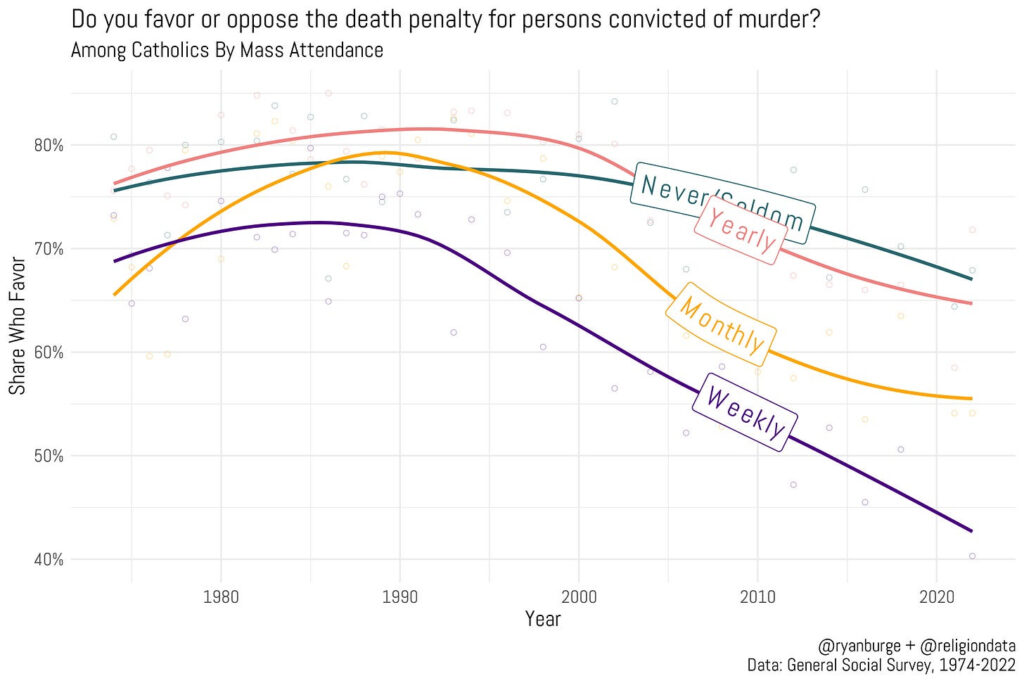
So what does the Church teach?
Between the 1970s and 2022, the Catholic Church became increasingly more vocal and firm in its opposition to capital punishment.
In 1997, the Church’s position on the death penalty was clarified in the Catechism of the Catholic Church to reflect the words of Saint Pope John Paul II from his 1995 encyclical, Evangelium vitae. The teaching at the time defended the death penalty only as an absolute last resort, in instances where it was the only possible way to protect society. Saint Pope John Paul II added that such instances were “practically nonexistent.”
Twelve years later, Pope Benedict XVI continued to elevate the Catholic call to oppose capital punishment saying, “I draw the attention of society’s leaders to the need to make every effort to eliminate the death penalty.”
And since 2013, Pope Francis’ pastoral leadership on the issue of death penalty abolition has been strong. Most notably, in 2018 he ushered in the historic revision of the Catechism’s teaching on the death penalty, officially promulgating a clear and firm stance against capital punishment in all cases.
“The Church teaches, in the light of the Gospel, that ‘the death penalty is inadmissible because it is an attack on the inviolability and dignity of the person,’ and she works with determination for its abolition worldwide.” (CCC 2267)

